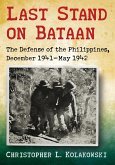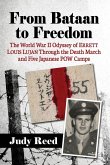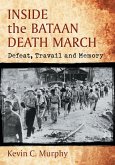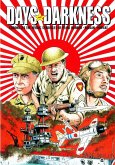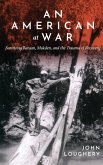For American troops in the Philippines, December 8, 1941, began with shocking reports of the bombing of Pearl Harbor, followed by a Japanese air attack on Clark Field in southern Luzon. Deprived of reinforcements, American and Filipino troops surrendered Bataan to the Japanese on April 9, 1942. For the 400 American soldiers who avoided the Bataan Death March and hundreds of others who refused to surrender, escaping the Bataan Peninsula to Luzon was a life-or-death journey. Among the local families who risked their lives to provide food and shelter to fleeing American soldiers were twin brothers and transplanted American sugar cane farmers Bill and Martin Fassoth. With Bill's Filipina wife Catalina, they ministered to over 100 Americans between April 1942, and April 1943. The stories of the Fassoths, the soldiers they saved and their fates following the Fassoths' surrender to raiding Japanese forces are an important and fascinating chapter of World War II history.
Bitte wählen Sie Ihr Anliegen aus.
Rechnungen
Retourenschein anfordern
Bestellstatus
Storno


